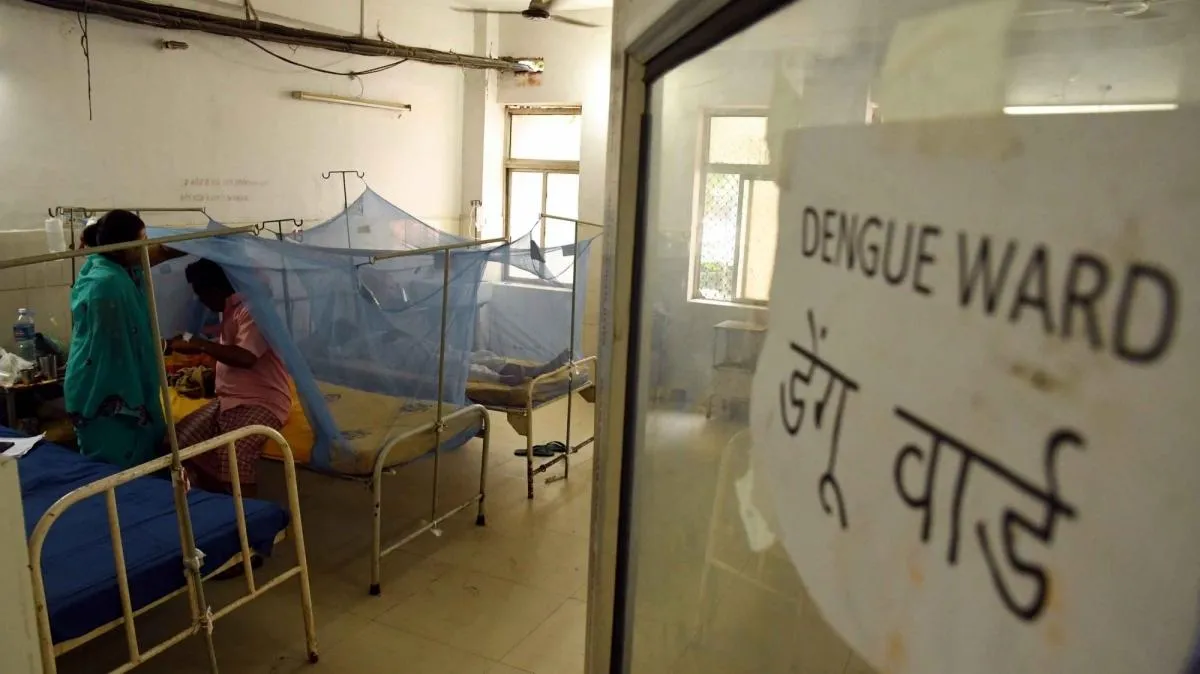WHO's Global Strategy for Dengue and Arboviral Diseases Preparedness and Response

WHO's Comprehensive Response Plan
The World Health Organization (WHO) has unveiled a groundbreaking Global Strategic Preparedness, Readiness, and Response Plan (SPRP) aimed at addressing the escalating rates of dengue and other Aedes-borne arboviral diseases, including Zika and chikungunya. Announced on October 3 in New Delhi, the plan responds to the alarming trend of increased dengue cases, which have doubled annually since 2021.
Key Components of the SPRP
- Global Coordination: The plan stresses the need for a united international response.
- Community Engagement: Emphasizes the role of communities in disease prevention.
- Surveillance and Control: Focus on improved disease surveillance and vector control measures.
- Clinical Management: Provides guidelines for timely medical interventions.
- Research and Development: Encourages advancements in understanding and combating arboviral diseases.
Urgency and Global Health Implications
WHO Director-General Dr. Tedros Adhanom Ghebreyesus highlighted that nearly four billion people are at risk due to these diseases, a number expected to rise significantly. With dengue endemic in over 130 countries, the global health response is crucial now more than ever.
Disclaimer: The information provided on this site is for informational purposes only and is not intended as medical advice. We are not responsible for any actions taken based on the content of this site. Always consult a qualified healthcare provider for medical advice, diagnosis, and treatment. We source our news from reputable sources and provide links to the original articles. We do not endorse or assume responsibility for the accuracy of the information contained in external sources.
This article was prepared using information from open sources in accordance with the principles of Ethical Policy. The editorial team is not responsible for absolute accuracy, as it relies on data from the sources referenced.